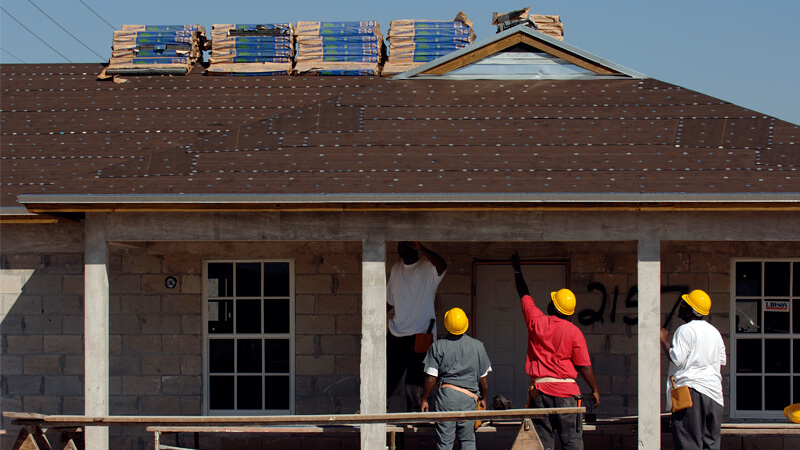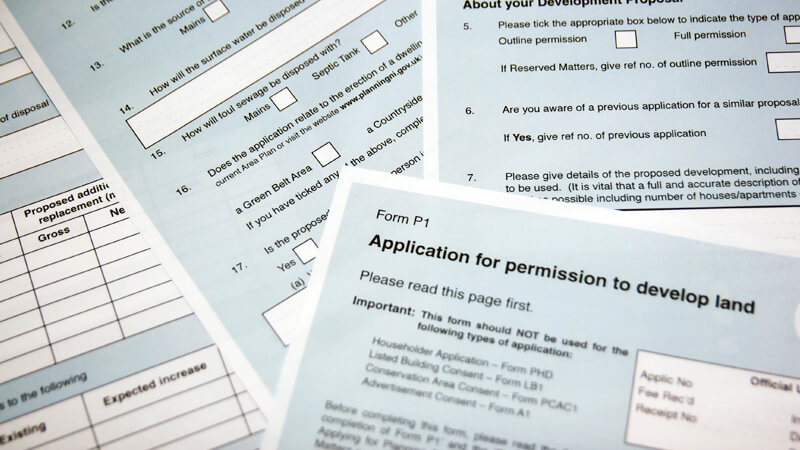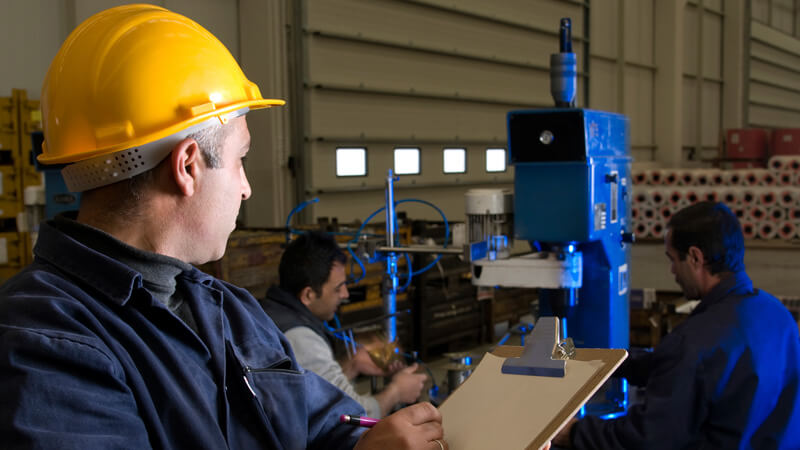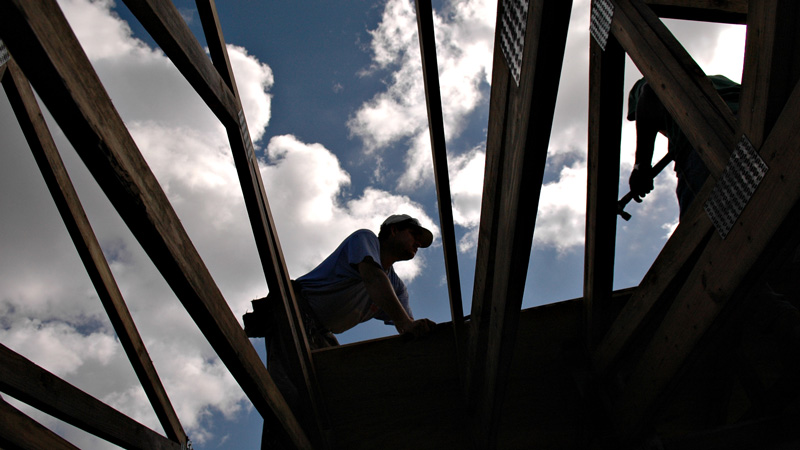Share: ![]()
![]()

Learn about the process to obtain a permit, why a permit is needed, and overall guidelines, permit exemptions, fee schedule and minimum housing standards.

Get help navigating the permit process by contacting the permitting assistance team and scheduling an appointment.

Obtain or check the status of your application using the Portal or the E-permitting system.

Review approved criteria and guidelines to ensure the construction project is designed in compliance with the code.

Make payments for upfront, permits, certificates, contractor licensing, reinspection and impact fees (E-Payment).

Learn about requirements, schedule, cancel and track inspections.

Speak with Permit, Plan Review and Inspection Staff for assistance with your project.

Important links on permit, building, compliance, certificates and inspections.

Learn the requirements one must meet in order to do business as a general contractor, building contractor or residential contractor in Miami-Dade County.
Hurricane season runs from June 1 to Nov 30. Understand your responsibilities before, during, and after the storm.
Application forms, checklists, fee sheets and additional requirements.
Application forms, checklists, fee sheets and additional requirements.
Application forms, checklists, fee sheets and additional requirements.
Application forms, checklists and affidavits.
Incorporated permits that require County Approval from DERM, WASA, Impact Fees and Fire Rescue.
Application forms, checklists and standards details.
Apply and obtain your certificate online.
Requirements for milestone inspections of condominium and cooperative association buildings, three stories and taller.
Application forms, checklists and affidavits.
Application forms, checklists and standards details.
Agricultural, pergolas, trellis, signs and others.
Master, Shop Drawings, Revision, Extension, Reissue, Supplemental, Demolition, Change of Contractor, Signs and Environmental permits.
Miami-Dade County would like to inform its customers that we have created standardized forms to be used by Private Providers moving forward pursuant to 553.791(6) of the Florida Statutes.
These forms became effective Aug. 5, 2024, for any project located within unincorporated Miami-Dade County. Any permit application submitted, or any permit issued on or after Aug. 5, 2024, will be required to use the standardized forms. Already issued permits may continue using proprietary forms, or use the standardized forms.
Below is a list of the standardized forms listed in order of use:For more information regarding Miami-Dade County’s Private Provider process, visit Plan Review Information.
To streamline the permit issuance process, the Department is pleased to announce that effective Monday May 13, 2024, if you are proposing the installation of a stand-alone residential fence permit, you will be able to do so more efficiently.
As a condition for obtaining this permit, you must agree to abide by the pre-approved standard fence detail provided by Miami-Dade County (MDC) and available in the forms bin at the Permit Records Section or online. The use of MDC pre-approved standard fence details allows for plans to only be reviewed by Zoning and Public Work Plan review.
When applying, please complete the building permit application (yellow form) and include the pre-approved Miami-Dade County fence detail, a site plan, survey, and other supporting documents.
For more information, please contact the Permit Records Section at 786-315-2100.
We appreciate your patience and understanding.
The Florida Building Code EIGHTH (2023) Edition becomes effective on Dec. 31, 2023. All permit applications and plans submitted on/or after that date must comply with this edition. To view the code online, visit floridabuilding.org.
Any application submitted via the online portal after the close of business at 4 p.m. on Dec. 29 will have to comply with the 2023 edition. Applicants who utilize the Cookie Cutter or Master Model Programs should begin updating models to comply with the new code to avoid permitting delays.
Expired process numbers that do not meet the above referenced conditions will not be extended. The applicant will be required to obtain a new process number, pay up-front fees, and submit plans that conform to the 2023 FBC edition.
On Sept. 6, 2023, the Miami-Dade County Board of County Commissioners adopted a local technical amendment to the Florida Building Code (FBC) for new multi-family residential and commercial developments. The amendment modifies sections 602.1 and 602.1.1 of the FBC (Plumbing). Effective Sept. 18, 2023, any permit application submitted for new construction of residential and commercial properties where two or more dwelling units are served by a single master meter will require the installation of water submeters for all dwelling units. This requirement will also apply to existing buildings undergoing alterations level 2 or level 3, where more than fifty percent (50 %) of the existing plumbing supply lines are being replaced. If you have any questions regarding this requirement, please register via our MEETQ system with the Plumbing Plan Review Supervisor Queue, Tues. – Fri., from 8 a.m. – noon.
On May 2, 2023, Miami-Dade County amended sections 21-28 prohibiting the operation of noise-producing construction equipment and machinery at or near residences, including multi-family residences, between the hours of 8 p.m. and 7 a.m.
If you must work during restricted hours, you must obtain a Temporary Noise Ordinance Waiver (NOW) before commencing work. This waiver applies to work and construction activities "inside the property line," (i.e. no road closures) and requires an active Building Permit. All waivers will require the applicant to submit an explanation of how the requested work will provide a community need, public purpose or benefit.
Before completing the noise waiver application, the applicant must notify adjacent and adjoining properties of your request for waiver at least 72 hours prior to the commencement of the permitted work. This includes single-family residences, townhouses, duplexes, apartments, and condominiums (the management office, not specific unit owners). The notification must be sent via certified mail. Please retain the confirmation receipt of the notification letters and submit them when filing your application.
On July 7, 2022, the Board adopted Ordinance No. 22-83 which institutes more rigorous standards for new and replacement onsite sewage treatment and disposal systems (OSTDSs) commonly referred to as “septic tanks” or “septic systems.” Ordinance No. 22-83 provided that the requirements governing the type of OSTDS to be installed would not become effective until January 1, 2023, in response to industry feedback and public outreach during development of the ordinance.
This period allowed for proper planning and transitioning by property owners, engineers, contractors, and the OSTDS industry to the new standards. Until that date, building permit applications that have already been approved by DERM to be served by septic tank may include septic models under the existing standard. In keeping with the educational campaign mandated by Ordinance No. 22-83, development applicants are being advised that no building permits will be issued after January 1, 2023 for septic systems that do not conform to the advanced treatment standards adopted via Ordinance No. 22-83. Hence, development applications (including plats) for parcels served by septic tanks that have not obtained building permits by January 1, 2023 will be required to conform to the advanced treatment standards adopted via Ordinance No. 22-83, regardless of when the application has been submitted.
If you have any questions, please contact the DERM Water and Wastewater Section at 305-372-6789.
The County’s Workforce Housing Development Program is a voluntary program that provides density bonuses and other incentives for the development of workforce housing.
Families and individuals with incomes ranging from 60 to 140 percent of the County’s median income constitute the workforce target income group and is the focus of our workforce housing program. The Area Median Income (AMI) for an individual living in Miami-Dade County is currently $68,300.
The benefits of building workforce housing include:
MeetQ allows customers to access various services offered by the Permitting and Inspection Center. Some of these services are offered on a first-come, first-served basis, while others are by appointment. We encourage all our patrons to review the MeetQ user guide for instructions.
MeetQ, the Design Professional's Day Appointments and Queue Portal, allows you to access various services offered by the Miami-Dade County Permitting and Inspections Center (MDPIC). Some of these services are offered on a first-come, first-served basis, while others are by appointment. On the effective date, MeetQ will replace the QMS and e-Appointment systems that currently allow you to request appointments and sign up for services. If you try to access QMS or e-Appointment on or after July 14 you will be redirected to MeetQ. Access the MeetQ user guide providing instructions for accessing the system, scheduling appointments or signing up for queue services. Please note that MDPIC is currently offering many of the services available through this portal virtually by phone and online conferencing. For more information on MDPIC services during the COVID-19 please visit Temporary Construction and Permitting Procedures.